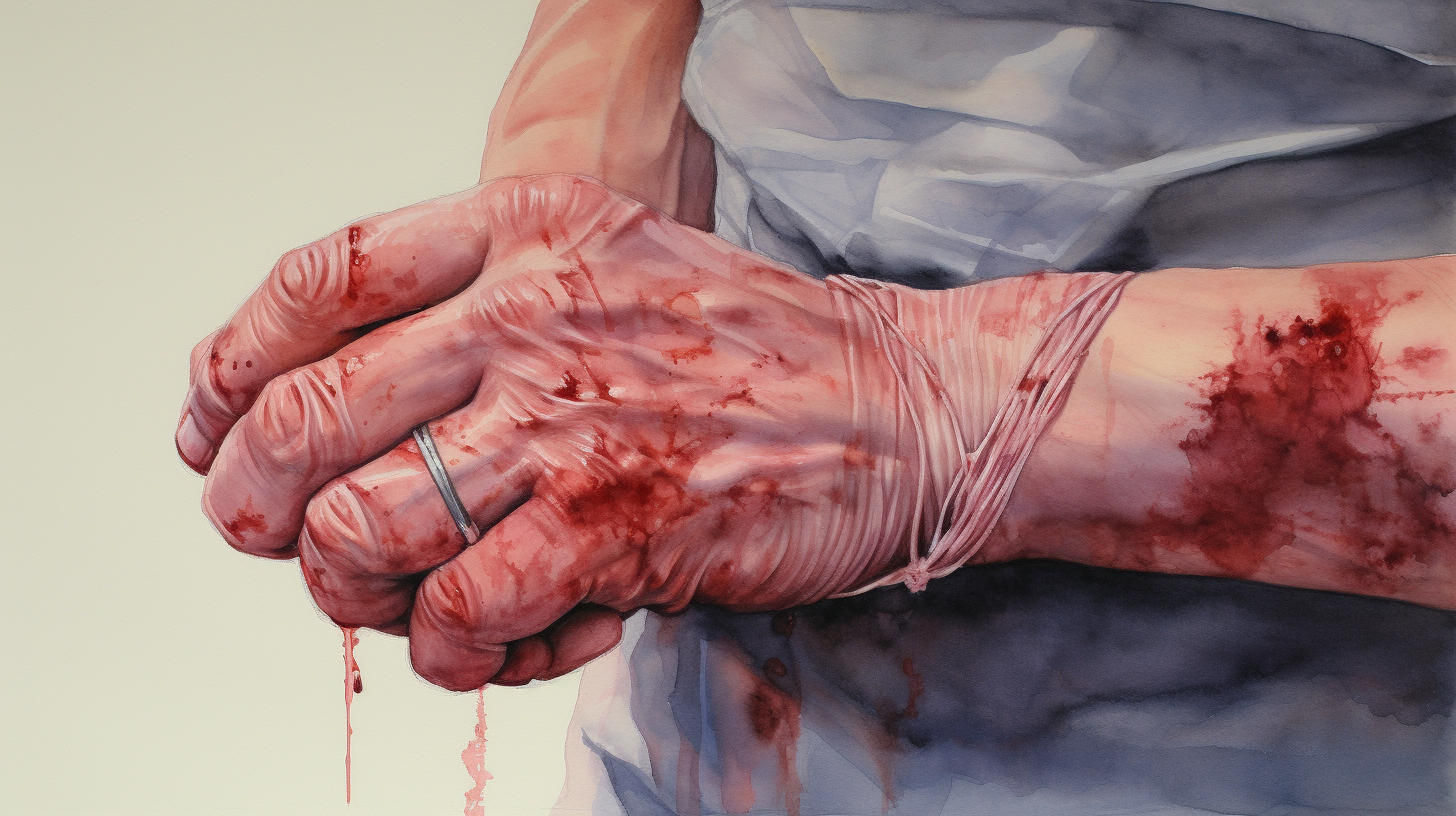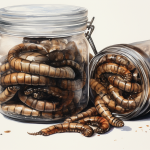What Does It Mean When You Dream About Pus? A Complete Guide to Dream Interpretation
Dreams are mysterious, often strange, and sometimes downright unpleasant. One dream that can leave you feeling confused or even disturbed is a dream about pus. Whether it’s oozing from a wound, appearing on someone else, or showing up in unexpected places, a dream involving pus can carry deep symbolic meaning. In this article, we explore the possible interpretations behind dreams about pus, helping you better understand what your subconscious might be trying to tell you.
Understanding the Symbolism of Pus in Dreams
Pus, by its very nature, is associated with infection, healing, and the body’s response to something harmful. In dreams, this can translate into emotional, psychological or even spiritual symbols. Seeing pus in your dream is rarely a literal sign—rather, it typically reflects deeper inner issues, suppressed emotions, or unresolved conflicts.
Just like in the waking world, pus in dreams is a sign that something beneath the surface may need your attention. The context of the dream and your emotional response to it play an important role in understanding its meaning.
Common Interpretations of Dreams About Pus
1. Emotional Healing and Release
One of the most common interpretations of pus in a dream is that you are going through a process of emotional healing. Just as pus forms as the body works to heal a wound, your subconscious may be indicating that emotional wounds from your past are finally beginning to surface and be addressed.
This kind of dream may be uncomfortable, but it often means you’re on the path to recovery—cleansing yourself of toxic feelings or harmful memories.
2. Suppressed Emotions or Neglected Issues
Pus may also symbolise repressed emotions, such as anger, resentment, or guilt. These feelings may have been festering beneath the surface for some time, and the dream is your mind’s way of bringing them into awareness.
If you’ve been avoiding a difficult conversation, ignoring a personal conflict, or bottling up strong emotions, your dream may be urging you to confront and express them.
3. Toxic Relationships or Environments
Dreams about pus can sometimes reflect toxic situations in your life. Just as an infection poisons the body, a toxic relationship—whether personal or professional—can create emotional distress. The pus might represent the emotional consequences of staying in such environments too long.
If this interpretation resonates, it might be time to consider setting boundaries, seeking support, or distancing yourself from harmful influences.
4. Physical Health Concerns
While rare, dreaming of pus can sometimes point to your body’s real-life health concerns. If you’re currently dealing with a physical condition or experiencing stress about your health, the dream could be a reflection of your body awareness. It’s not a diagnosis, but it may be a gentle reminder to listen to your body and consult a professional if needed.
Variations of Pus Dreams and What They Might Mean
Dreaming of Pus Coming from a Wound
A wound releasing pus could suggest emotional pain that is being processed. It might symbolise old trauma that is finally being released or the breaking point of a long-held grudge.
Dreaming of Someone Else with Pus
Seeing another person with pus might indicate concern for their well-being or a strained relationship. Alternatively, it could reflect how you perceive unresolved issues in that person’s life.
Dreaming of Pus in Unusual Places
If pus appears in unexpected locations—like food, furniture, or clothes—it may represent hidden problems in areas of your life that you haven’t considered. This could relate to your home life, work environment, or personal habits.
Emotional Reactions and Their Importance
How you feel during the dream plays a vital role in interpretation. Were you disgusted, relieved, panicked, or indifferent? A feeling of relief could suggest a breakthrough or progress in a difficult situation. Disgust or fear might indicate that you’re not yet ready to face the truth behind the issue.
Pay close attention to your feelings. They can offer valuable insight into where the healing or attention is most needed.
Spiritual and Psychological Perspectives
From a psychological viewpoint, dreams about pus align with Carl Jung’s idea of shadow work—the process of confronting the darker, hidden aspects of the self. Your dream may be nudging you to acknowledge and integrate parts of your personality you’ve rejected or ignored.
Spiritually, pus may symbolise the purging of negativity or spiritual cleansing. It could signify a release of karmic energy or emotional baggage that’s no longer serving you.
Final Thoughts: Should You Be Concerned?
Dreams about pus are not necessarily a bad omen. In fact, they often point to growth, transformation, and healing. While they may feel unpleasant, they serve as valuable indicators of your emotional and mental state.
Instead of fearing such dreams, try to explore them with curiosity. Journalling your dreams, reflecting on your waking life experiences, and considering what areas of your life might feel ‘infected’ or unresolved can offer real benefits.
Frequently Asked Questions
Is dreaming of pus a bad sign?
Not necessarily. It often represents healing, emotional release, or a sign that something needs attention.
Can this dream be connected to health issues?
Sometimes, yes—particularly if you’re already worried about your health. But most often, it symbolises emotional or psychological issues.
Should I act on this dream?
If the dream resonates with your current life circumstances, consider what it might be highlighting. Taking steps towards healing, confronting suppressed emotions, or addressing toxic situations can be beneficial.



